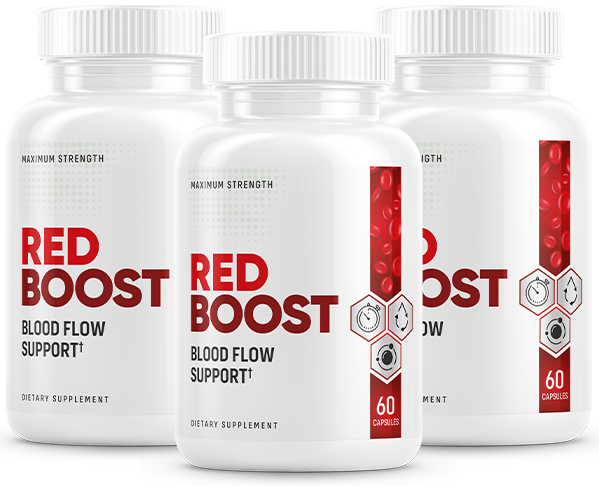Due to its adaptogenic characteristics, Ayurvedic medicine has used ashwagandha (Indian ginseng) for thousands of years. This ancient plant relieves tension, worry, and fatigue naturally. It may improve cognition, stamina, and immunity.
Recent studies show that ashwagandha improves memory, cognition, and cortisol levels. Ashwagandha may reduce blood pressure, cholesterol, and cancer risk.
Given its popularity and health benefits, ashwagandha is one of the most extensively used natural therapies. According to a recent survey, 7% of American people consume ashwagandha, and that number is expected to climb. Ashwagandha may help you relax, focus, and feel better.
Uses & Effectiveness of Ashwagandha
It is widely held that the herb Ashwagandha offers a number of health benefits; hence, it has been put to use in a wide range of medical contexts including:
Reducing Stress and Anxiety
Ashwagandha, an adaptogenic plant, has been shown in research to reduce levels of the stress hormone cortisol while simultaneously increasing levels of the feel-good chemical serotonin.
Improving Mental Performance
Because of its potential to promote memory, focus, and cognitive function, ashwagandha has become a well-liked natural treatment option for individuals who wish to improve their mental performance.
Boosting Immune System
Recent studies have shown that consuming ashwagandha can improve immune function and raise the activity of immune cells, lending credence to the traditional belief that herb possesses immune-boosting characteristics.
Improving Heart Health
It has been demonstrated through research that the use of the herb ashwagandha can bring about a lowering of both blood pressure and cholesterol levels, making it a potentially useful natural treatment for improving cardiovascular health.
Increasing Energy and Endurance
Because of its capacity to improve physical performance, boost energy levels, and minimize feelings of exhaustion, ashwagandha has gained popularity as a natural medication among athletes and anyone who are interested in fitness.
Potential Anti-Cancer Properties
Ashwagandha has showed promise in a number of preclinical investigations for its potential to be used to battle cancer by reducing the multiplication of specific cancer cells.
Note: Even though additional research is required to completely understand the effects of ashwagandha, it has become a popular natural remedy due to its lengthy history of use and the documented health advantages it provides. Because ashwagandha, like any other dietary supplement, has the potential to interact with drugs and isn’t appropriate for everyone, it is advisable to consult a physician before taking it.
Potential Side Effects
Even while ashwagandha is generally safe when used in the manner that is recommended, it is nevertheless possible for some individuals to experience adverse effects. Concerning the side effects of ashwagandha, the following are the most often reported ones:
- Stomach Issues: Consuming ashwagandha could potentially cause gastrointestinal problems such as nausea, vomiting, and diarrhoea in certain people.
- Allergic Reactions: In people who are sensitive to its effects, ashwagandha may cause a variety of adverse responses, including itching, rashes, and swelling.
- Drowsiness: Ashwagandha has the potential to provide a sedative effect when used in excessive quantities.
- Interactions with Medications: If you are presently taking any medications, including those intended to thin the blood or impair the immune system, you should talk to your doctor before taking ashwagandha because it may interfere with the effectiveness of such medications.
- Hormonal Imbalances: It is advisable to avoid taking ashwagandha because of the potential influence it could have on your hormones. For example, if you have a condition that affects your thyroid or if you are pregnant, it is best to avoid taking it.
There has not been enough research done to determine whether or not ashwagandha supplements are safe to take, and it is uncertain how the herb will affect the body over time. Before starting to use ashwagandha, it is imperative that you consult your primary care physician, particularly if you are breastfeeding a baby, pregnant, or have any other health issues.
Concerns & Cautions Regarding Ashwagandha
- Oral ashwagandha is safe for three months. Ashwagandha’s long-term safety is uncertain. Excessive ashwagandha can cause nausea, vomiting, and diarrhoea. Liver problems are rare.
- Topical ashwagandha use and safety are unknown.
- Avoid ashwagandha during pregnancy. Some evidence suggests ashwagandha causes miscarriages.
- Ashwagandha’s safety during nursing is unknown. Avoid it for safety.
- Pre-surgery ashwagandha may soothe the central nervous system. Doctors worry that anaesthesia and other drugs before, during, and after surgery will worsen this issue. Stop ashwagandha two weeks before surgery.
- Thyroid illness patients’ ashwagandha-induced thyroid hormone increases. Avoid ashwagandha if you have a thyroid condition or take thyroid hormones.
Instructions for Using Ashwagandha
Depending on the disease that is being treated with ashwagandha, the herb may be administered in a variety of ways and doses. At this time, there is no recommended dosage that has been established based on scientific clinical study.
Throughout the trials, several doses were used. According to the research, there is a correlation between taking between 250 and 600 milligrams per day and experiencing alleviation from stress. The doses that were utilized in those trials were noticeably higher than those that were utilized in previous research.
Ashwagandha extract can often be found in capsules with anything from 250 milligrams to 1,500 milligrams of the active ingredient. There is a capsule form, a powder form, and a liquid extract that all contain the herb in varying amounts.
Certain individuals may experience adverse consequences if they take excessive dosages. Before using ashwagandha, a conversation about its safety as well as the appropriate dosage should take place with a qualified medical professional, just as it should with any other new herbal substance.














